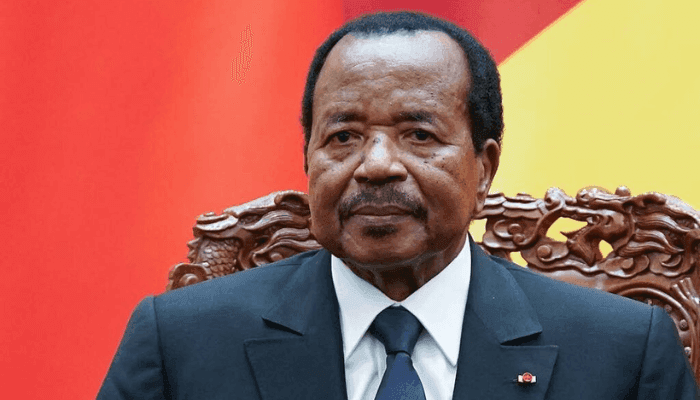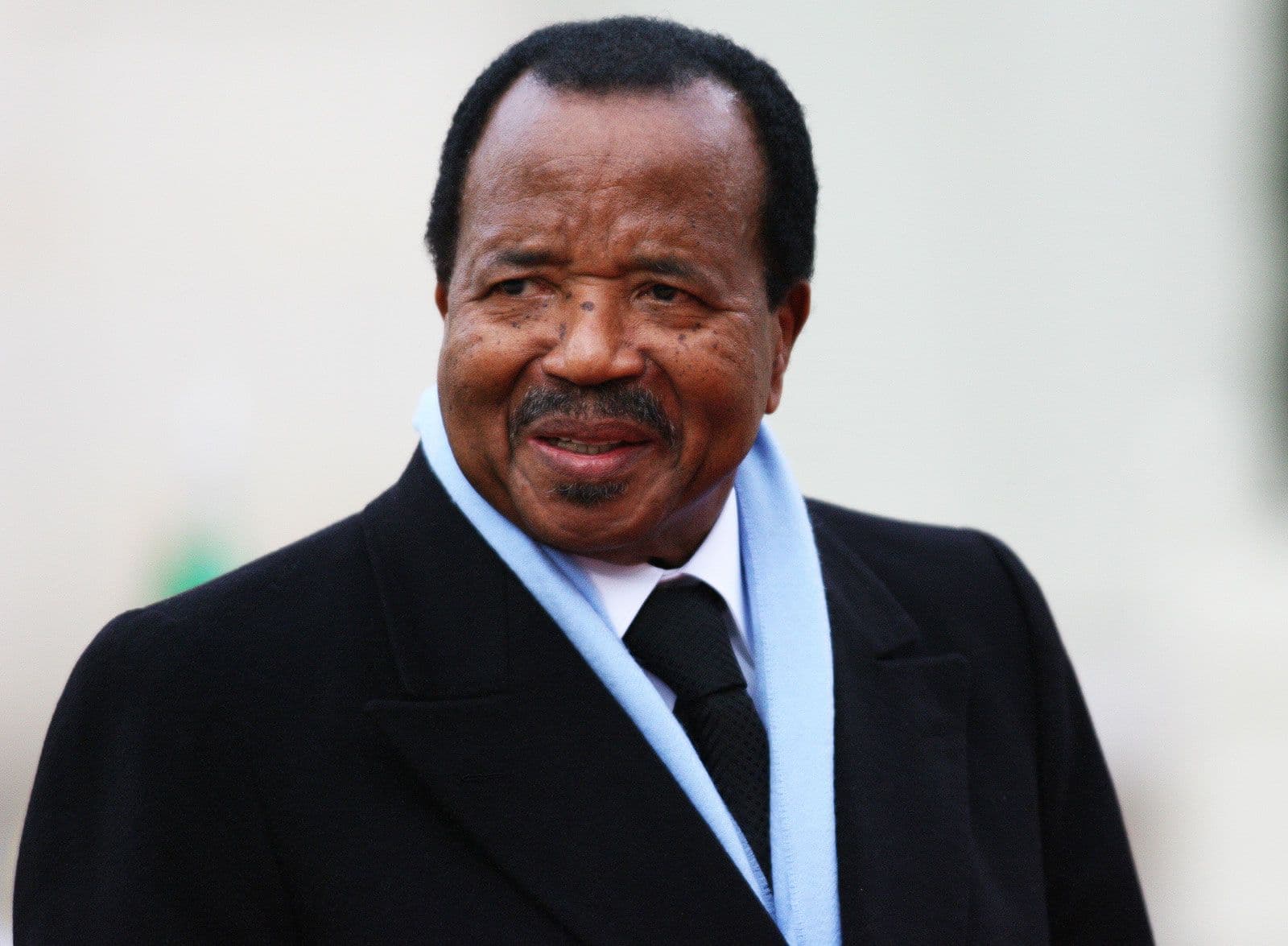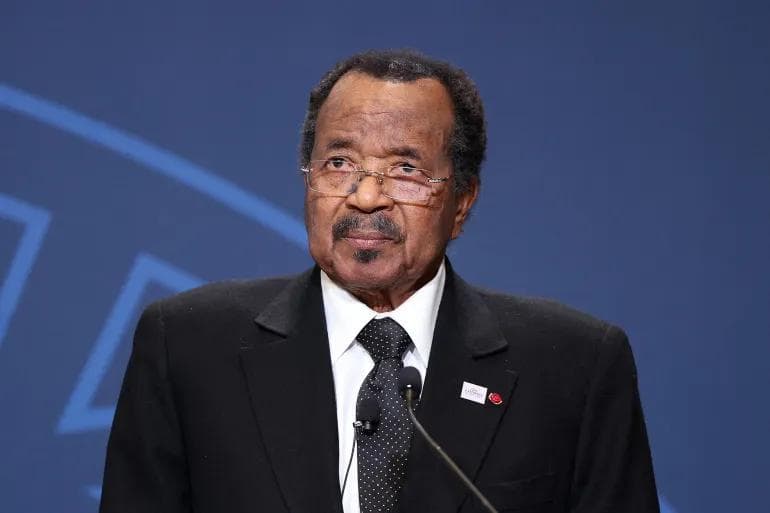Calls for Change: Opposition Rejects Another Term for Paul Biya

Several opposition parties in Cameroon have voiced strong resistance to President Paul Biya’s potential bid for re-election, signaling growing discontent with his decades-long rule. As the country edges closer to its next presidential election cycle, opposition leaders are calling for political renewal, democratic reforms, and an end to what they describe as "perpetual power."
President Biya, 92, has ruled Cameroon since 1982, making him one of the longest-serving heads of state in the world. Despite his age and mounting calls for change, his party, the Cameroon People's Democratic Movement (CPDM), has not ruled out his candidacy in the upcoming election, expected in 2025 or 2026. In a joint statement released earlier this week, a coalition of opposition parties, including the Social Democratic Front (SDF), Cameroon Renaissance Movement (CRM), and various civil society groups, condemned any attempt by Biya to extend his rule.

The opposition has also criticized the lack of electoral reforms and the government’s failure to implement recommendations from previous election monitoring missions. They argue that the political landscape remains heavily tilted in favor of the ruling party, making fair competition nearly impossible. “The time has come for Cameroon to turn the page on an era marked by stagnation, corruption, and authoritarianism,” the statement read. “A new generation of leadership must be allowed to emerge.” Maurice Kamto, leader of the CRM and a prominent opposition figure, urged citizens to remain mobilized against what he called a "democratic façade" used to legitimize Biya's continued hold on power.
While the presidency has yet to officially confirm Biya’s candidacy, signs suggest preparations are underway. Analysts note that CPDM’s recent regional meetings and messaging hint at a continuity campaign, though some within the ruling party have reportedly expressed concerns over Biya’s age and health. Observers say the growing opposition movement reflects broader frustrations among Cameroonians, particularly the youth, who make up the majority of the population but feel increasingly marginalized in political decision-making.

The international community, including the African Union and United Nations, is expected to monitor developments closely amid fears of political instability should tensions escalate. For now, Cameroon's opposition appears more united than in past election cycles, a factor that could reshape the country's political dynamics if it holds through the campaign period.
